The Curtiss-Wright XP-55 Ascender (company designation CW-24) was a 1940s United States prototype fighter aircraft built by Curtiss-Wright. Along with the Vultee XP-54 and Northrop XP-56, it resulted from United States Army Air Corps proposal R-40C issued on 27 November 1939 for aircraft with improved performance, armament and pilot visibility over existing fighters; it specifically allowed for unconventional aircraft designs. A highly unusual design for its time, it had a canard configuration, a rear mounted engine, swept wings and two vertical tails. Because of its pusher design, it was sarcastically referred to as the "Ass-ender".[1] Like the XP-54, the Ascender was initially designed for the Pratt & Whitney X-1800 engine and had to be redesigned when that engine project was cancelled. It was also the first Curtiss fighter aircraft to use tricycle landing gear.
Specifications
General Characteristics
- Created On Windows
- Wingspan 43.9ft (13.4m)
- Length 32.1ft (9.8m)
- Height 12.4ft (3.8m)
- Empty Weight 8,736lbs (3,962kg)
- Loaded Weight 19,199lbs (8,708kg)
Performance
- Horse Power/Weight Ratio 0.104
- Wing Loading 33.8lbs/ft2 (164.9kg/m2)
- Wing Area 568.3ft2 (52.8m2)
- Drag Points 4836
Parts
- Number of Parts 138
- Control Surfaces 6
- Performance Cost 612

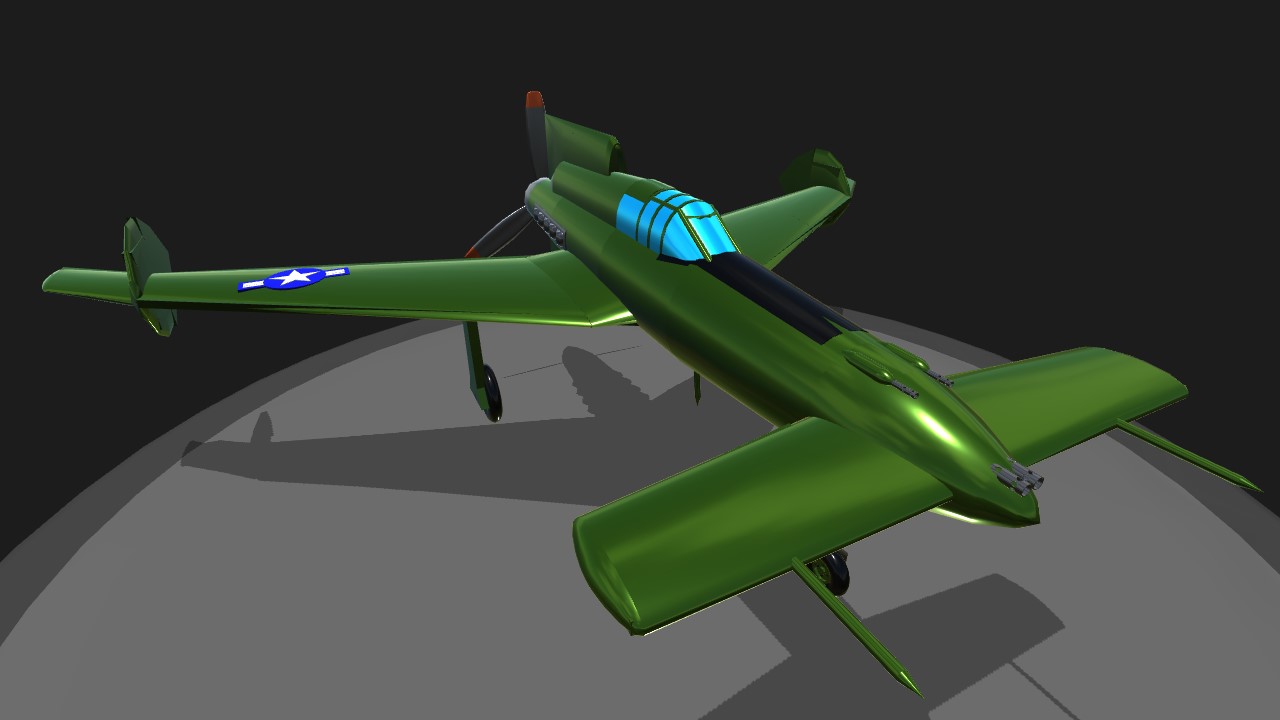
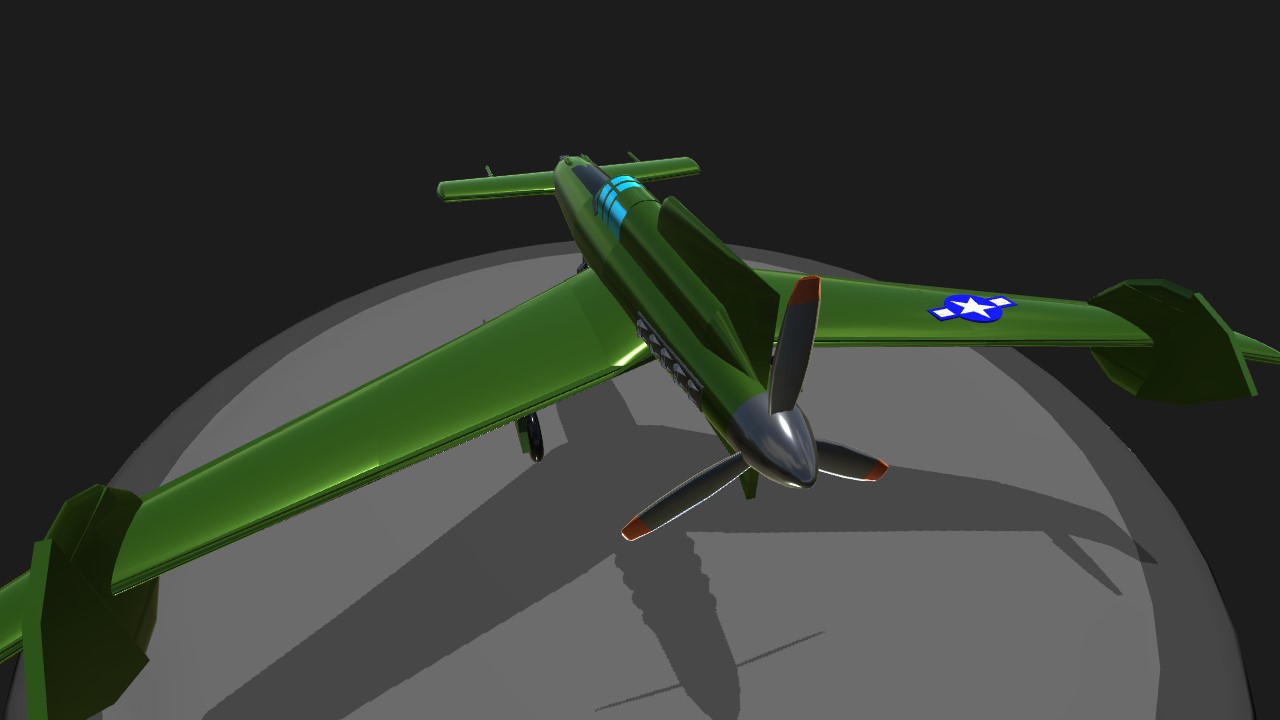
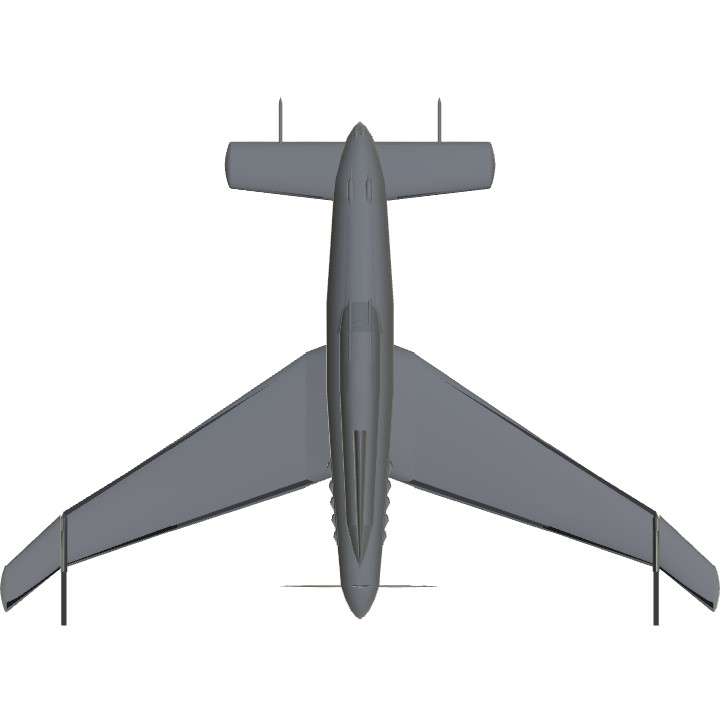
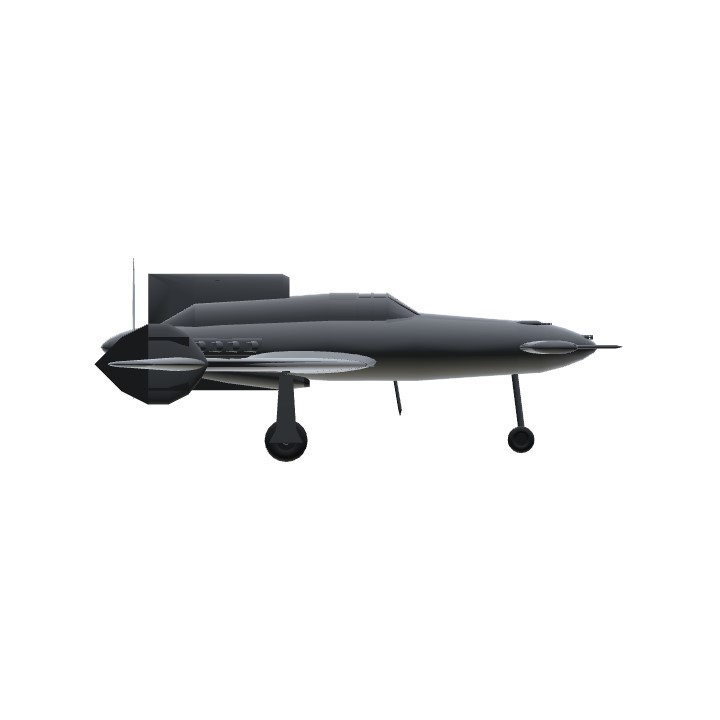
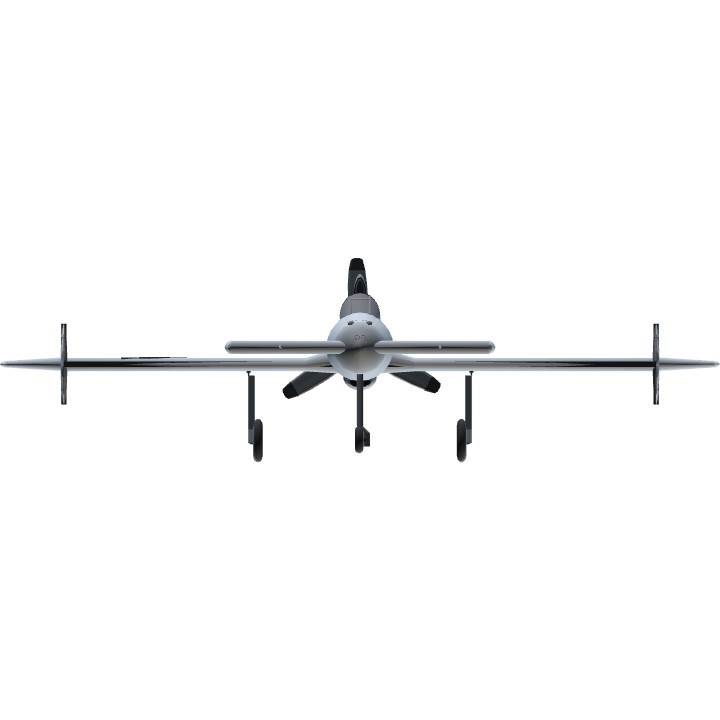
This Ascender supposed to be available to against the J7W1!